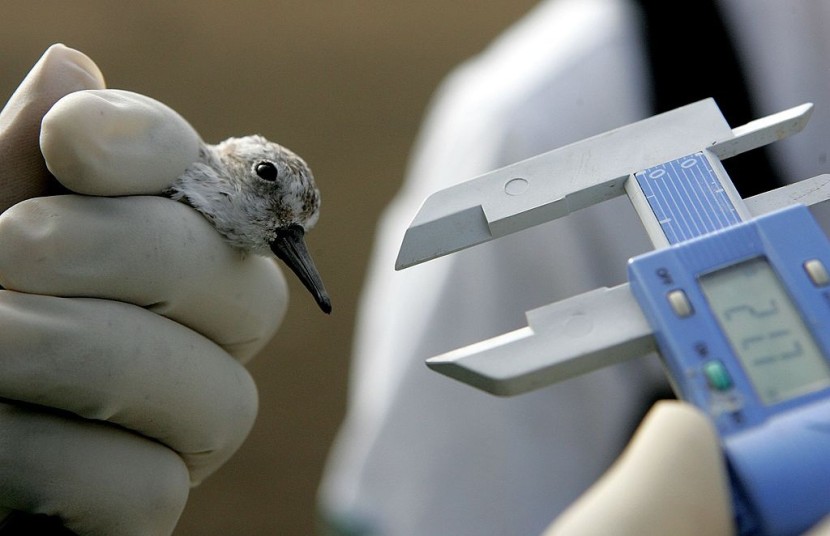
Poultry raisers in some US States were put on alert due to detected bird flu in wild birds and domestic flocks.
The highly pathogenic avian influenza has been detected in Indiana, Kentucky, Virginia, Vermont, and New York.
In recent weeks, U.S. health authorities have pinpointed the virus in wild birds in New Hampshire, Delaware, North Carolina, Virginia, Florida, and South Carolina.
Chicken and turkey raisers in Vermont were advised to be cautious for the virus which is often transmitted to domestic poultry via infected wild birds.
The agriculture agency of the state urged poultry raisers to review their biosecurity measures to protect the health of the birds. Human movement in the farms should also be restricted and contact with poultry must be limited.
US News reported that the Vermont Agency of Agriculture announced that anyone involved with poultry production should review their biosecurity activities to ensure the health of their birds, restrict human movement onto the farm and limit contact with poultry to only those who need to be there.
The avian flu was also discovered in a flock of birds at a private residence in Long Island that prompted the US Department of Agriculture and the New York State Department of Agriculture to impose measures to contain the fast-spreading virus, per NBC New York.
The infection was confirmed in a "non-commercial backyard flock" in Suffolk County.
Poultry Raisers Urged To Take Precautions
According to the statement of USDA's Animal and Plant Health Inspection Service, State officials have "quarantined" the affected areas and the birds on the identified properties "will be depopulated to prevent the spread of the disease". It also ensured that the birds from the infected flock "will note enter the food system."
State and Federal authorities advise bird owners to avoid allowing their animals to interact with wild birds and report sick or unusual bird deaths in their vicinity.
In 2015, 50 million birds across 15 were killed due to a widespread bird flu outbreak. It cost the US government around $1 billion.
Chickens are susceptible to the condition, which is highly contagious and often deadly. According to the CDC, human infections with bird flu are uncommon and mainly occur after long-term exposure to sick or dead birds, but they are usually lethal when they do occur.
Is There A Looming Poultry Supply Problem?
As of present writing, the impact of the bird flu on US poultry supply is yet to be determined. Though the industry is facing tough challenges in raising turkeys and chicken due to the pandemic and freezing temperature that caused power supply troubles on farms in 2021.
Though export difficulties might theoretically leave more supply trapped in the United States resulting in lower poultry and egg prices, importers may not want to put off purchases for a prolonged period, especially with bird flu spreading around the world and demands still high, according to a report by Bloomberg.
One US official suggested that the monitoring system of the US could help in managing the spread of the Bird Flu.
Avian influenza spreads through migrating birds carrying the disease. Infections usually happen in winter. Mass culling of birds was done in some countries in Europe, Asia, and Africa since the outbreak of the virus last year.
Related Article : WHO Set To Provide mRNA Technology To 6 African Countries To Boost Vaccine Production








